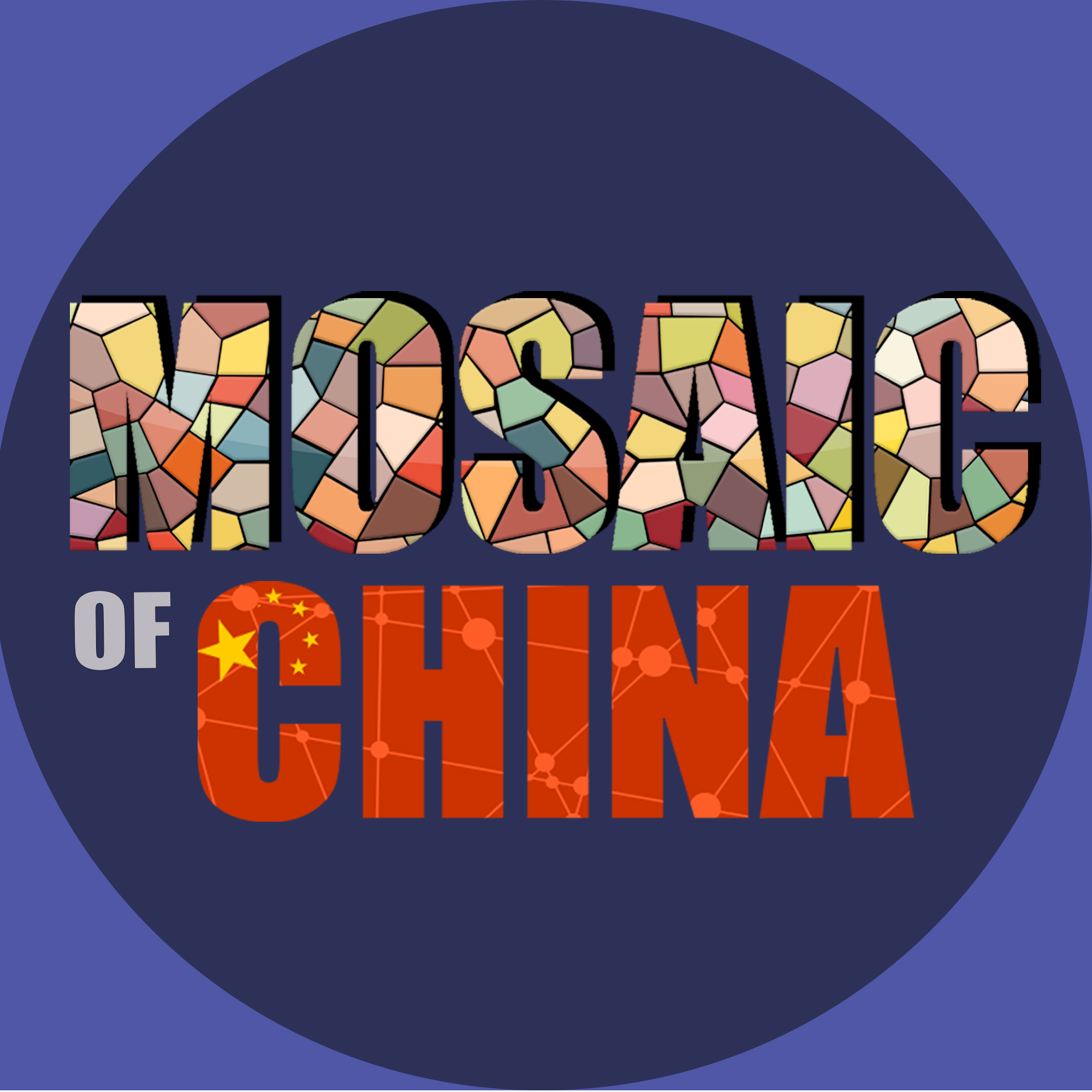Season 02 Episode 27
The details below are for the REGULAR version of this episode. For the PREMIUM version, subscribe on Apple Podcasts, Patreon (outside China) or 爱发电 (in China).
Episode 27: The Italian Lawyer
Vittorio FRANZESE - Business & Intellectual Property Lawyer
Original Date of Release: 17 Aug 2021.
We all know the old stories about fake goods in China. But the parallel worlds of intellectual property infringement and anti-counterfeit regulation have changed a great deal over the last decade. In today's episode, I talk with the lawyer Vittorio Franzese to reminisce about what it was like when this cat-and-mouse game was at it's peak. Who were the counterfeiters? What actions could the lawyers take against them? How did the high-profile police raids come about? And what part did the big e-commerce platforms play in all this?
If that wasn't enough, to top it all off, not only do we talk about law courts, we also end up talking about tennis courts. Perfettissimo!
The episode includes a catch-up interview with Gigi CHANG from Season 01 Episode 24.
You can also listen to a catch-up with Vittorio at the end of the interview with Michael HUNDEGGER from Season 03 Episode 21.
To Join the Conversation and Follow The Graphics…
View the LinkedIn Post or the Facebook Album for this episode. Alternatively, follow Mosaic of China on WeChat.
To view the images below on a mobile device, rotate to landscape orientation to see the full image descriptions.
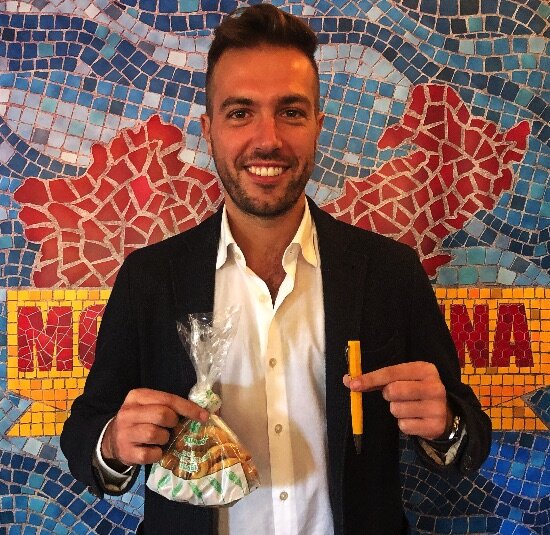
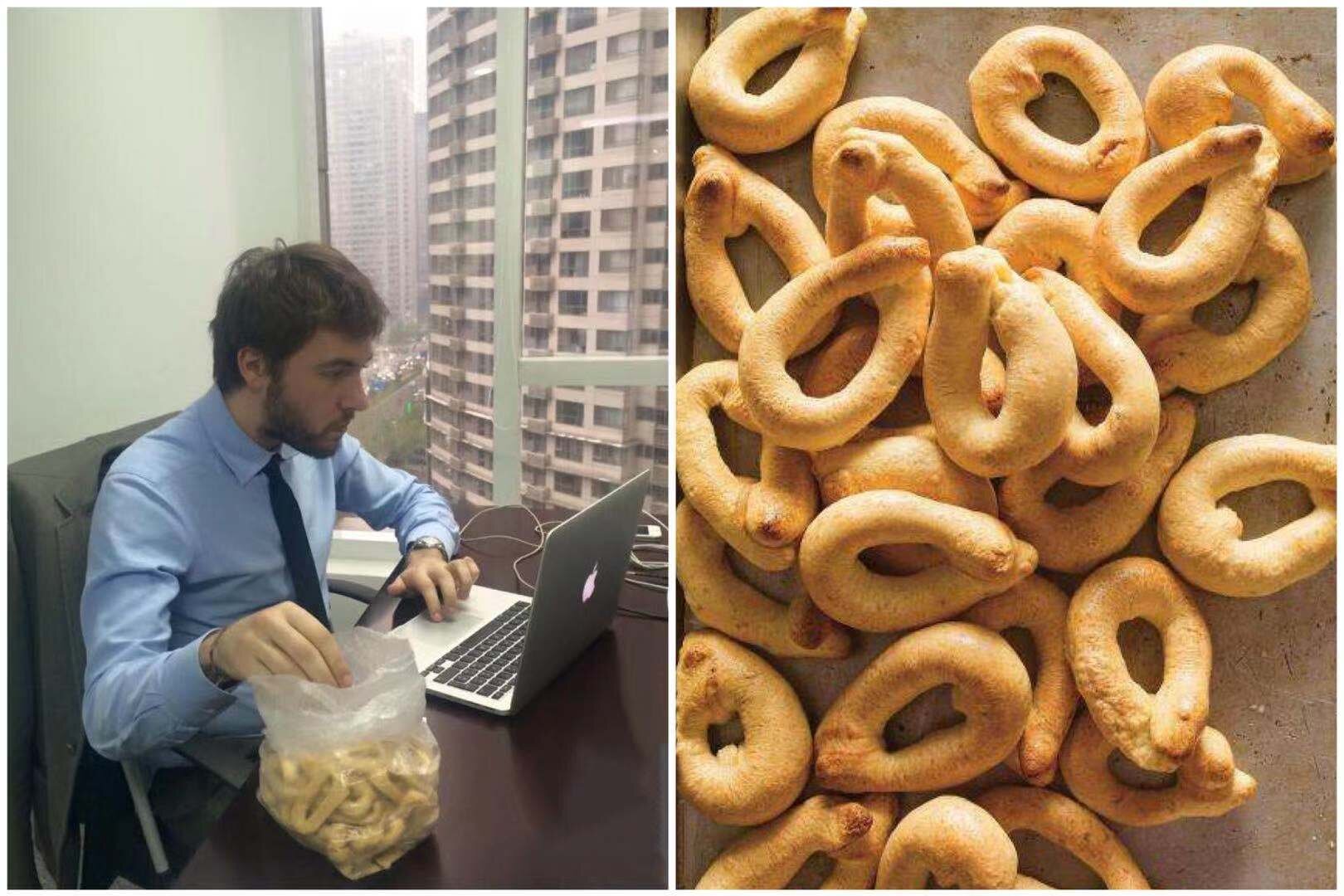
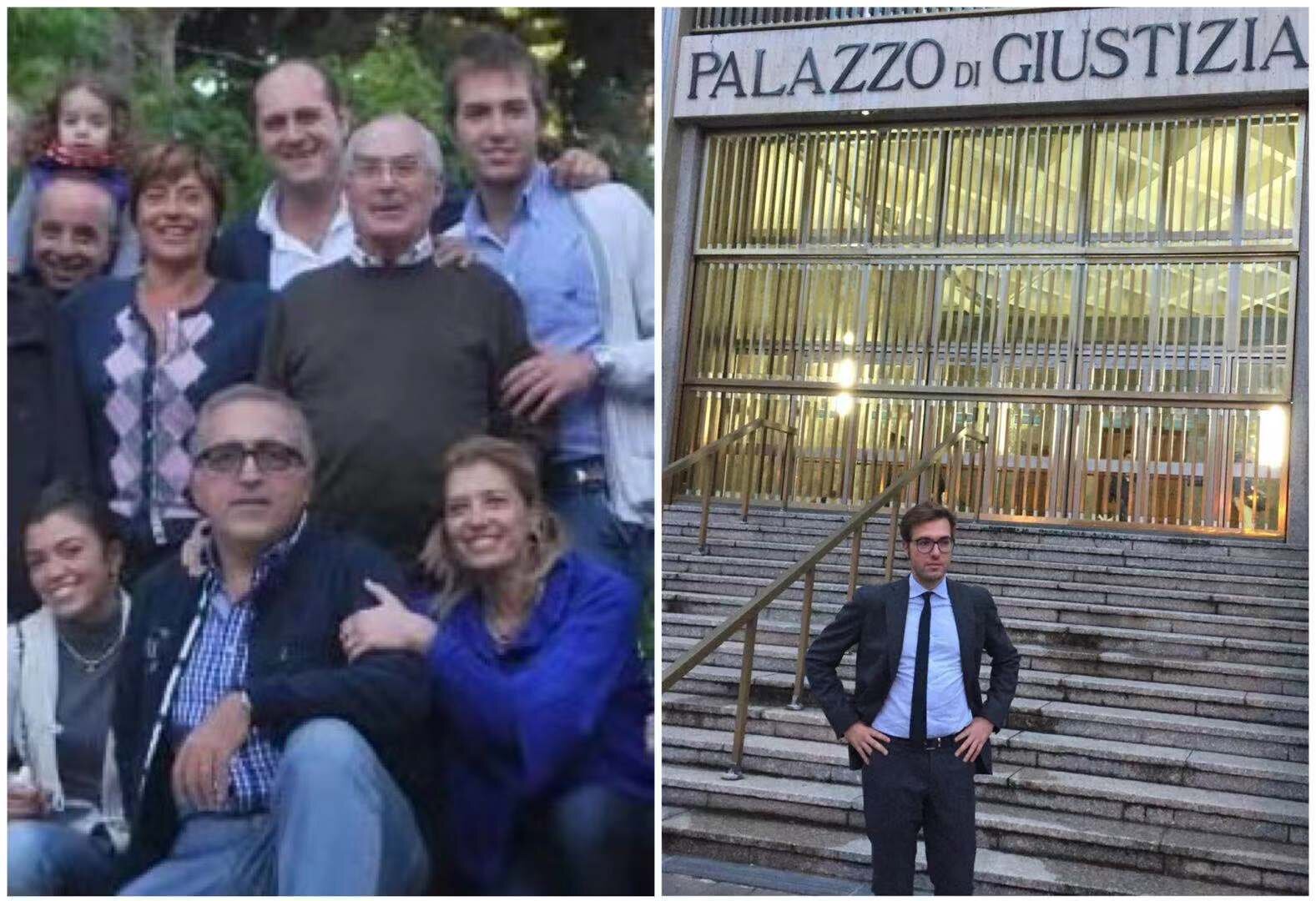
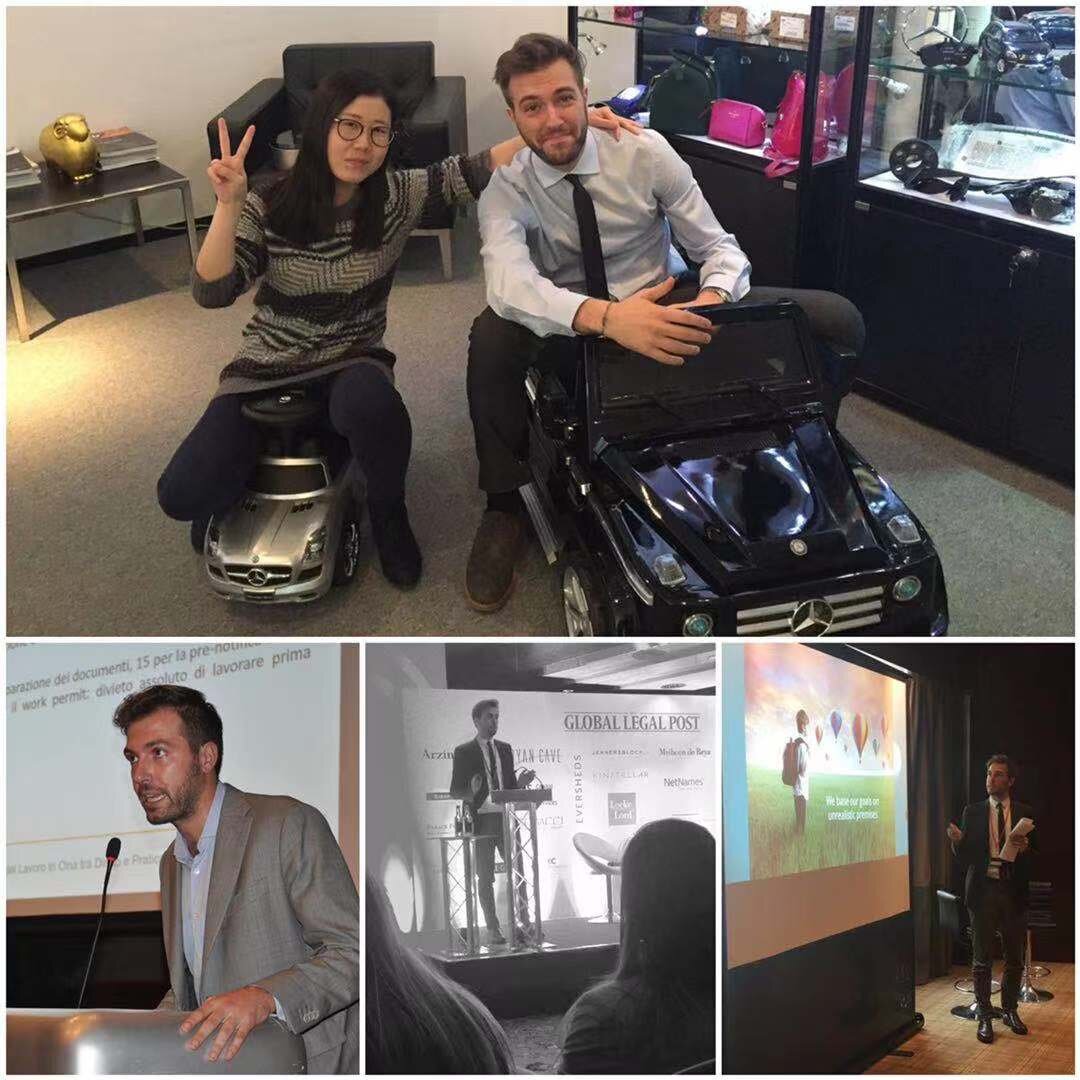
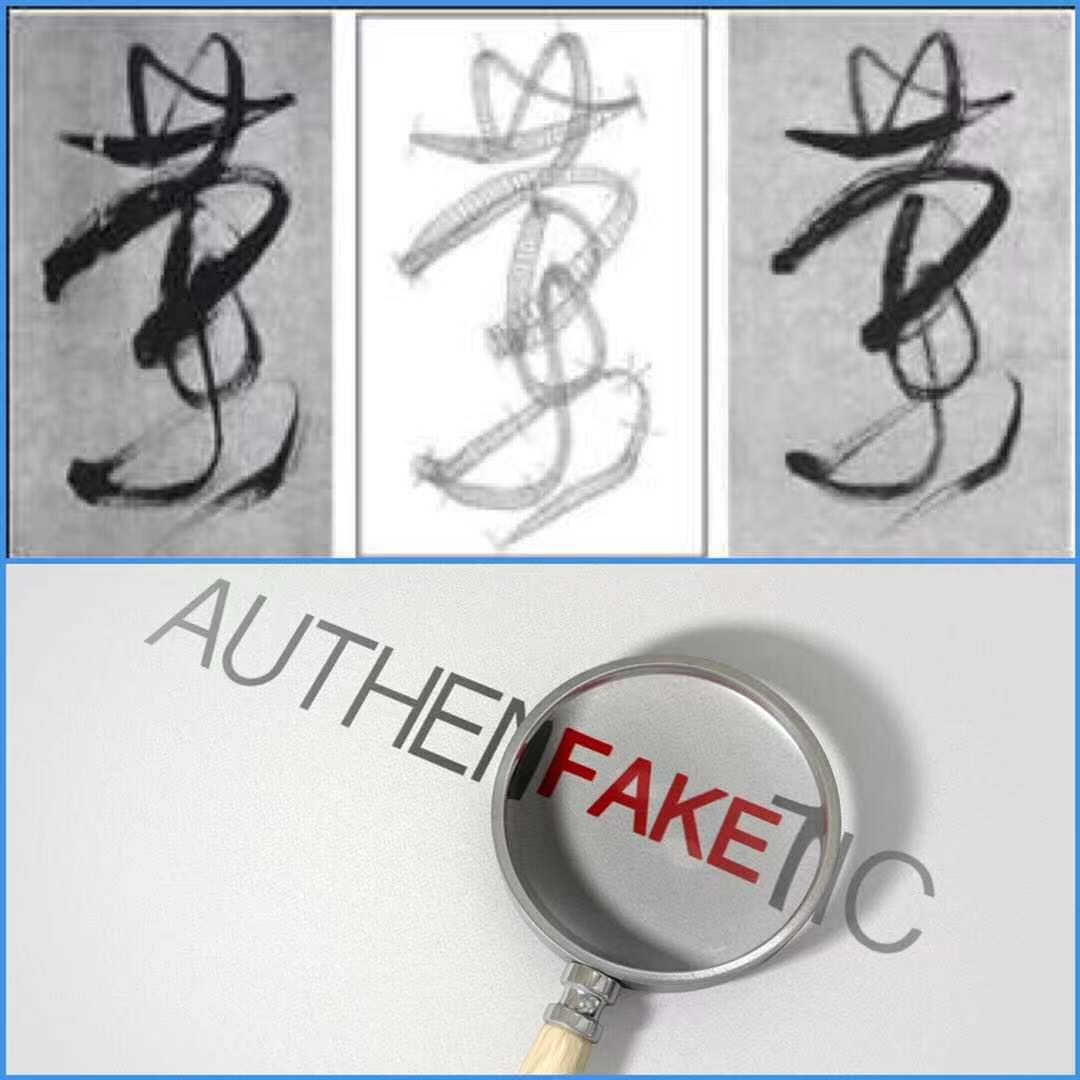
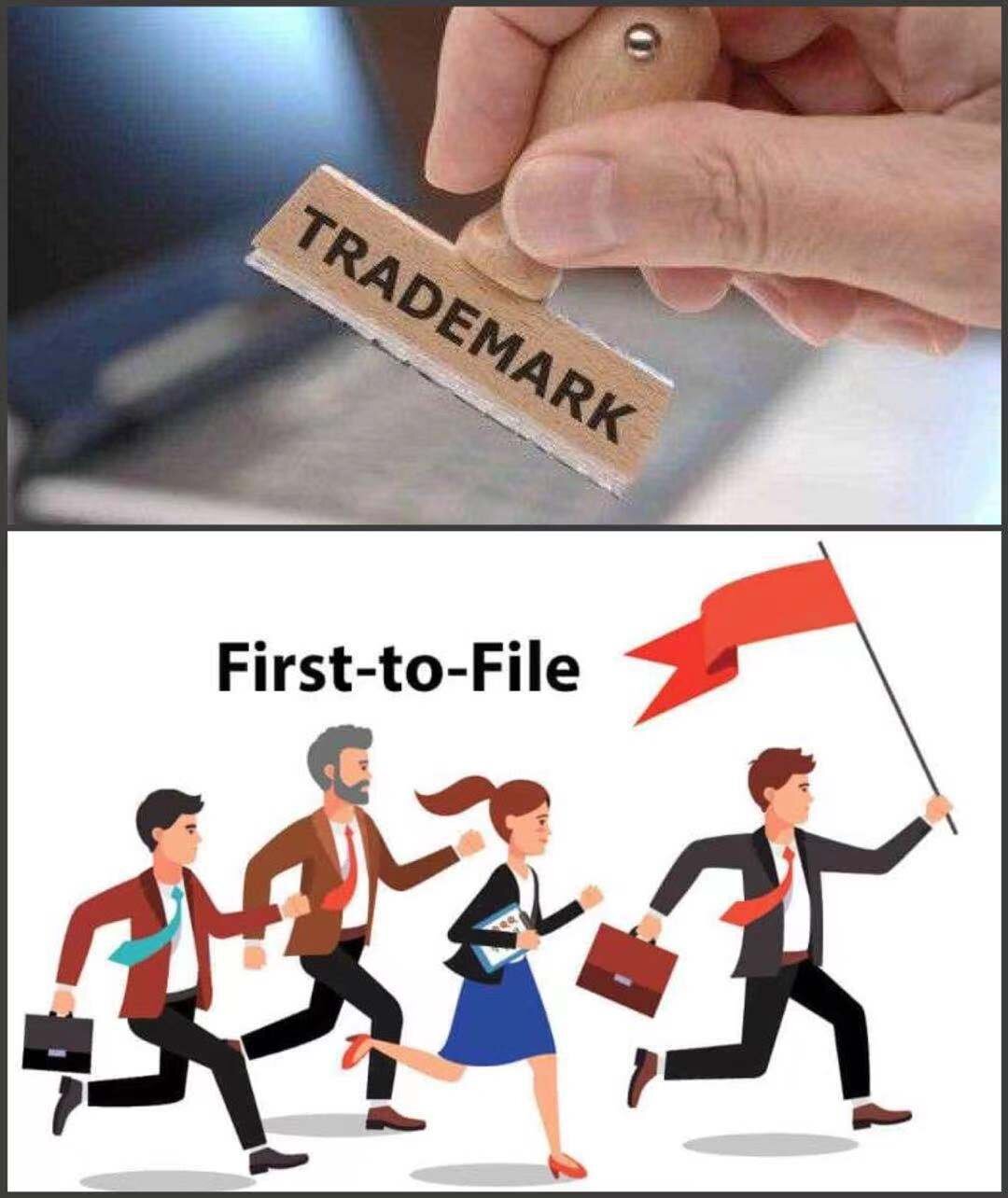
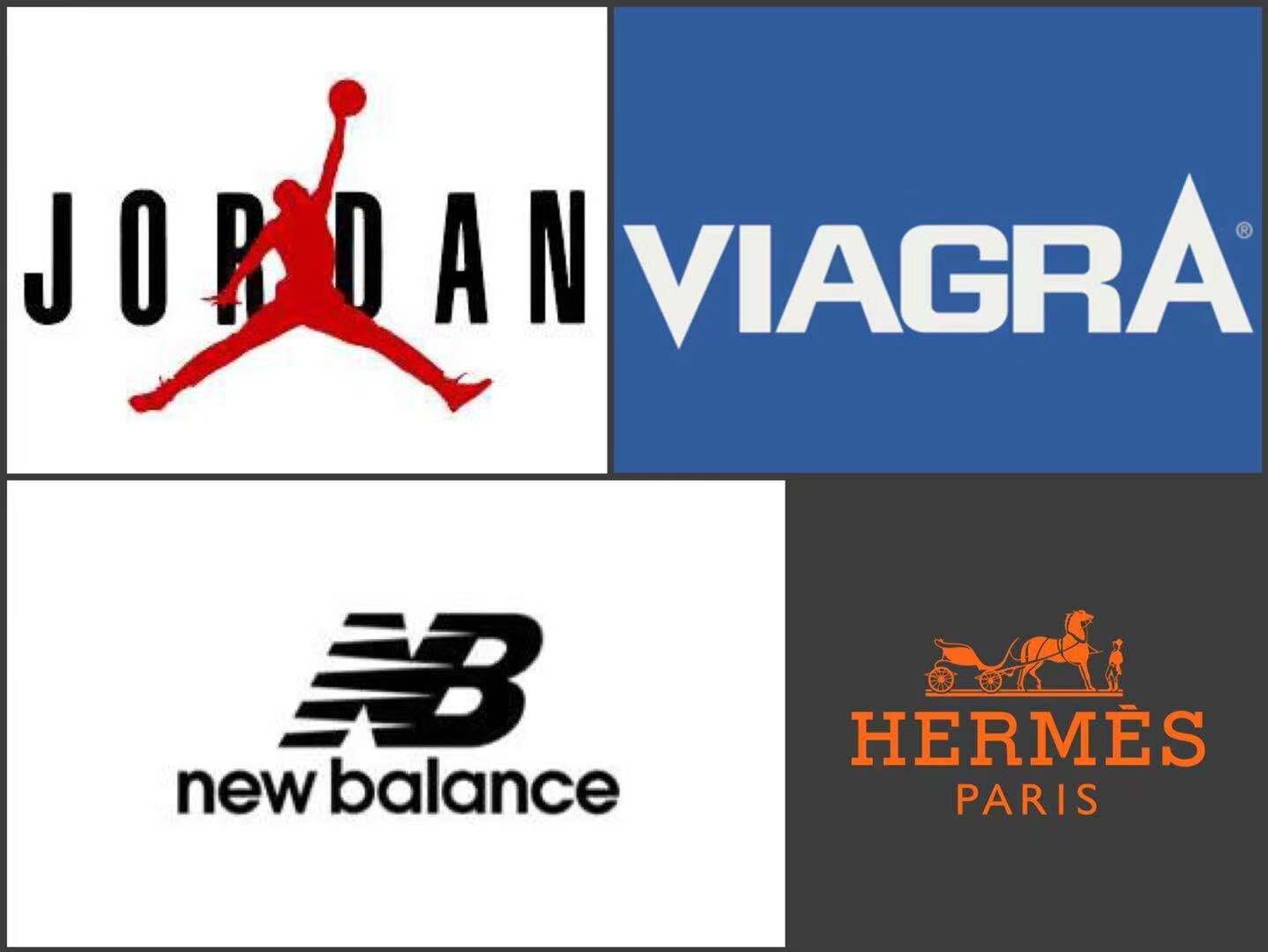
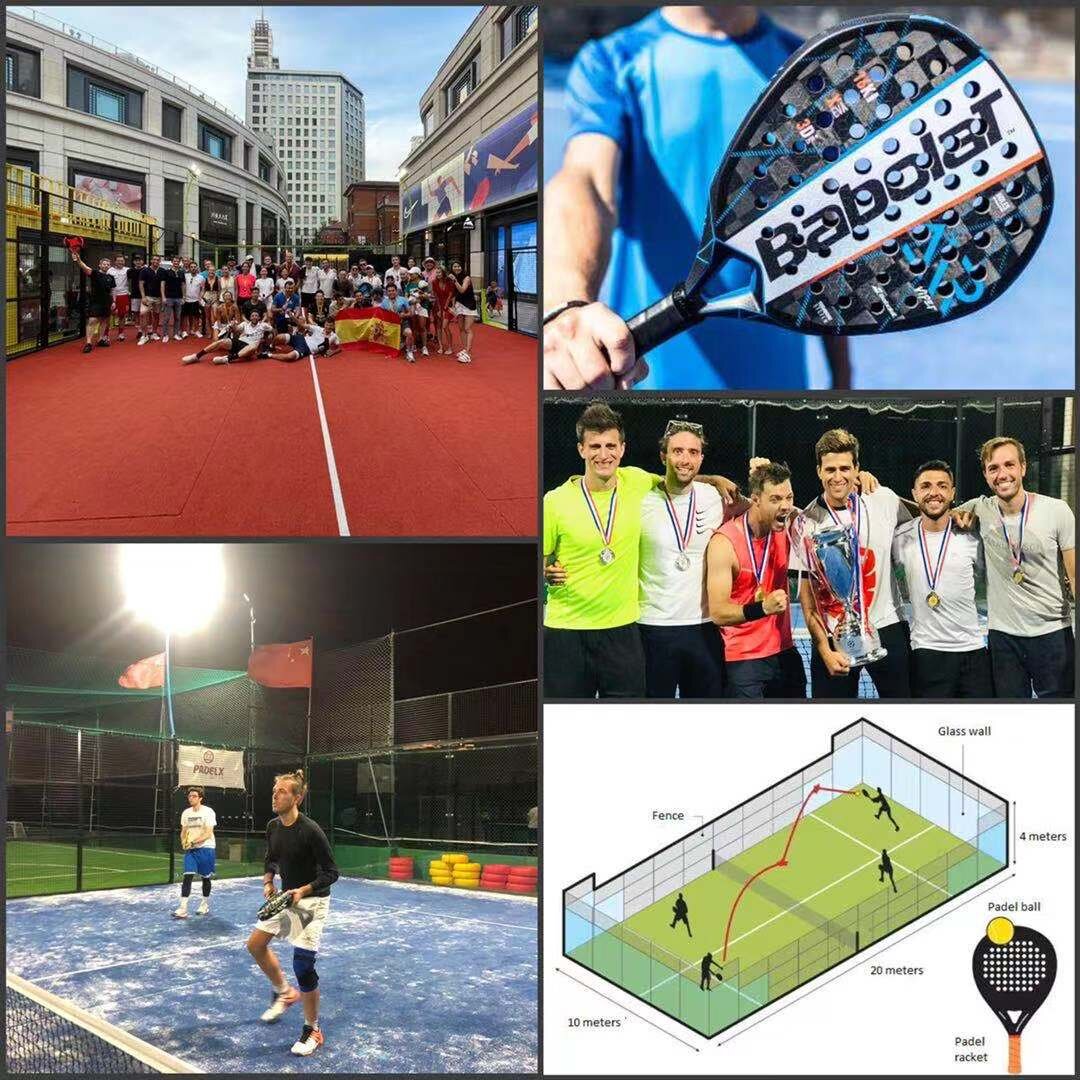

![Vittorio Franzese's favourite phrase in Chinese: 中国梦 [zhōngguó mèng], the Chinese dream.](https://images.squarespace-cdn.com/content/v1/5d40122274f3720001d9543b/1629015335656-WNXUN2T0L2UFZVGJE5BP/12+Q02+Phrase+-+%E4%B8%AD%E5%9B%BD%E6%A2%A6+%5Bzh%C5%8Dnggu%C3%B3+m%C3%A8ng%5D%2C+the+Chinese+dream.jpg)
![Vittorio Franzese's favourite place to visit in China: The mountains of 云南 [Yúnnán] Province.](https://images.squarespace-cdn.com/content/v1/5d40122274f3720001d9543b/1629015337147-JUWDGT7FMHUEGPTAVLAV/13+Q03+Destination+-+The+mountains+of+%E4%BA%91%E5%8D%97+%5BY%C3%BAnn%C3%A1n%5D+Province.jpg)
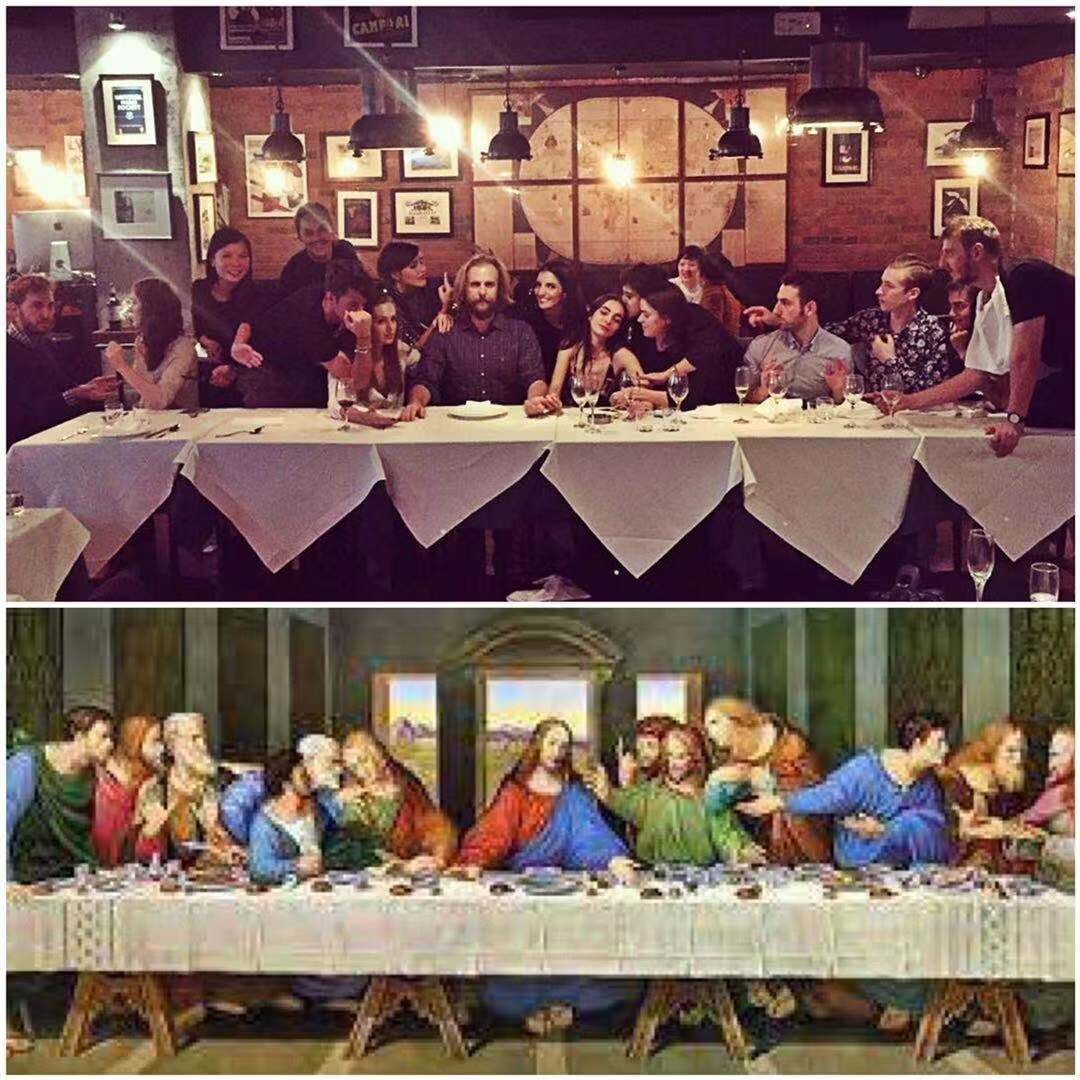
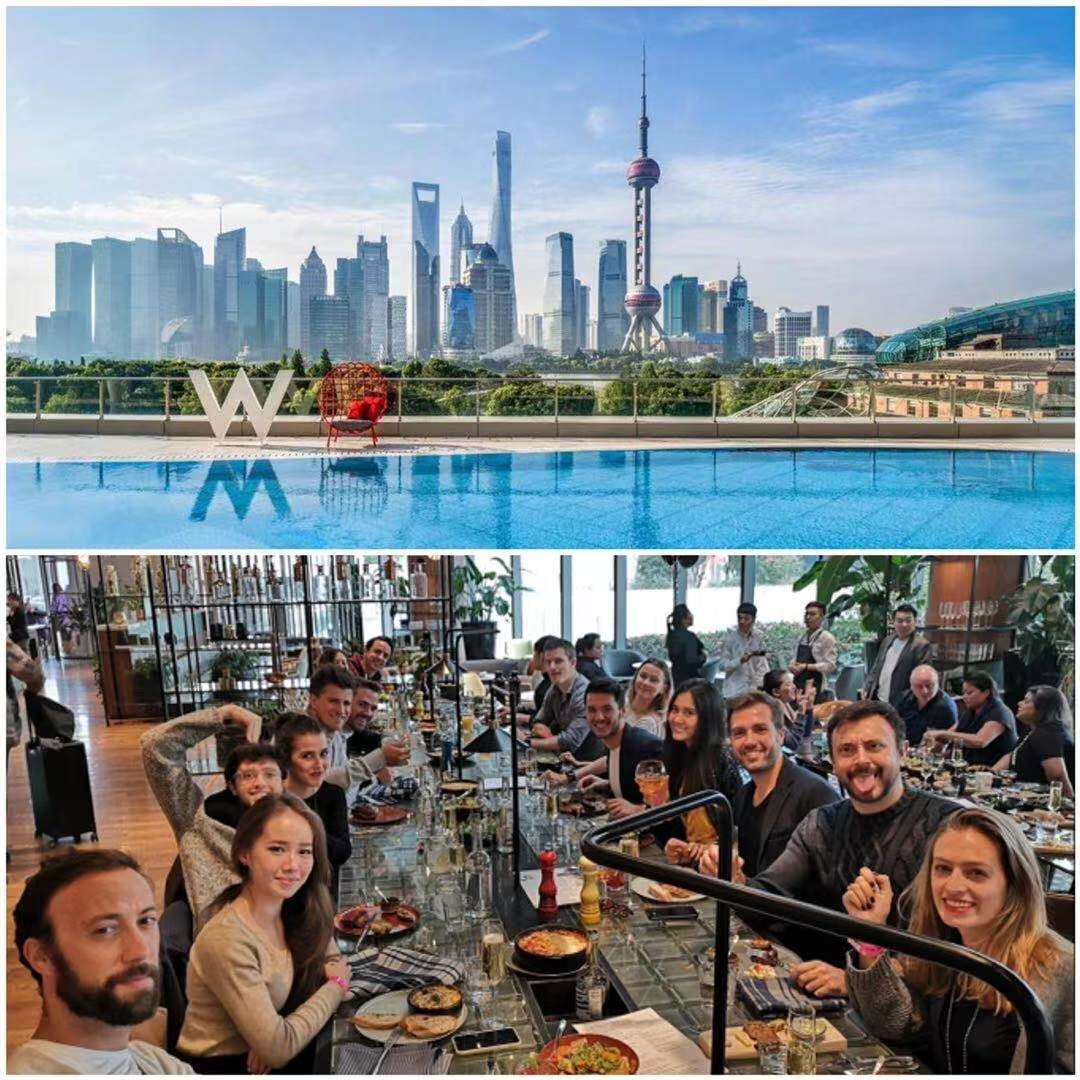
![Vittorio Franzese's best purchase in China: The 胡同 [Hútòng] bike that he inherited in Beijing.](https://images.squarespace-cdn.com/content/v1/5d40122274f3720001d9543b/1629015346229-FVOHTA3UX7Z8VOPCT7N8/16+Q07+Purchase+-+The+%E8%83%A1%E5%90%8C+%5BH%C3%BAt%C3%B2ng%5D+bike+that+he+inherited+in+Beijing.jpg)
![Vittorio Franzese's go-to song to sing at KTV: '我们不一样 [Wǒmen bù Yīyàng]' by 大壮 [Dàzhuàng].](https://images.squarespace-cdn.com/content/v1/5d40122274f3720001d9543b/1629015346933-UE4C75ZW3BSJHZUR08RR/17+Q09+KTV+Song+-+%27%E6%88%91%E4%BB%AC%E4%B8%8D%E4%B8%80%E6%A0%B7+%5BW%C7%92men+b%C3%B9+Y%C4%ABy%C3%A0ng%5D%27+by+%E5%A4%A7%E5%A3%AE+%5BD%C3%A0zhu%C3%A0ng%5D.jpg)

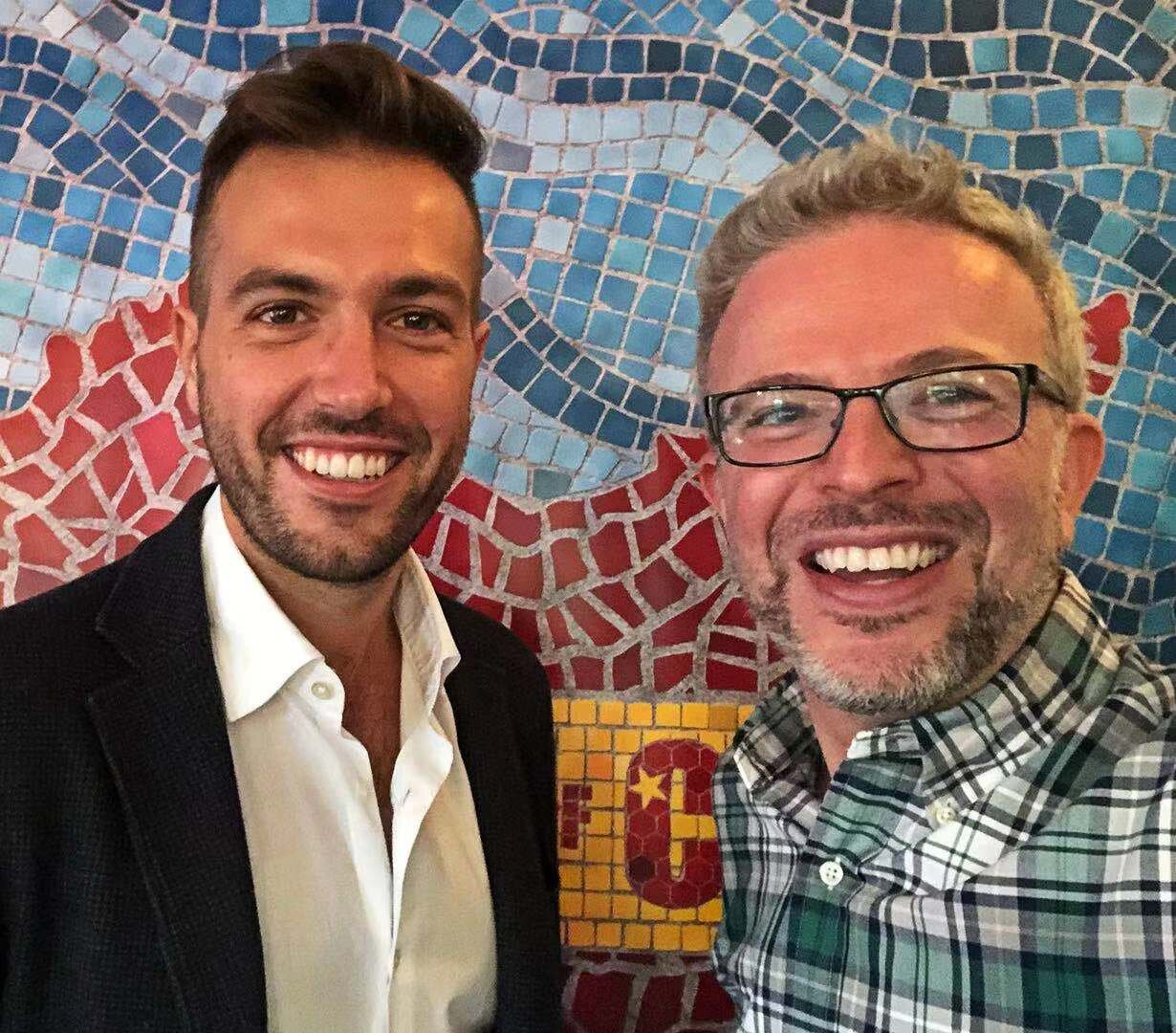
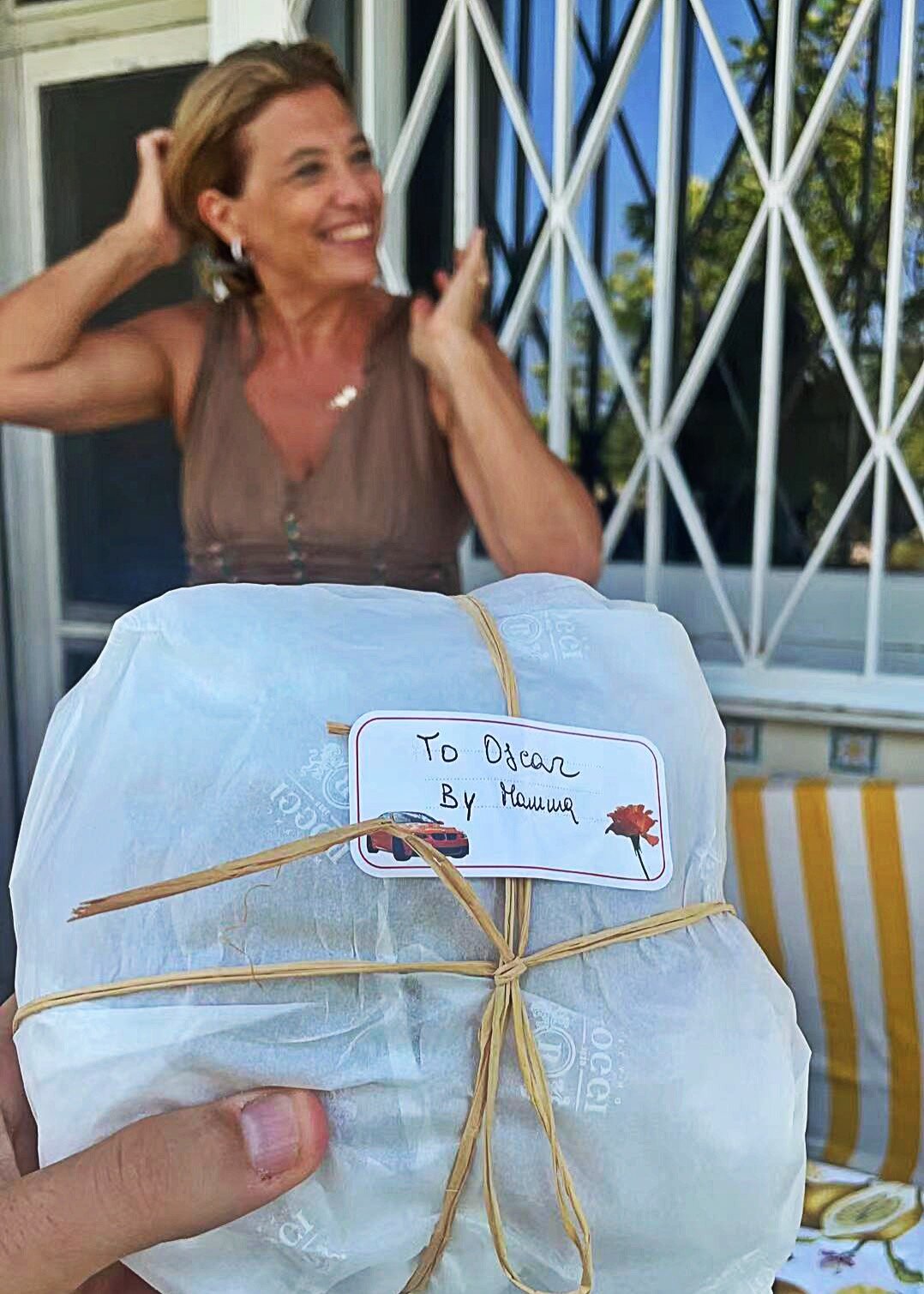
To Listen Here…
Click the ▷ button below:
To Listen/Subscribe Elsewhere…
1) Click the link to this episode on one of these well-known platforms:
2) Or on one of these China-based platforms:
To Read The Transcript…
[Trailer]
VF: China’s not a compromise. So you can get everything fast, or… impossible.
[Intro]
OF: Welcome to Mosaic of China, a podcast about people who are making their mark in China. I’m your host, Oscar Fuchs.
We all know the old stories about fake goods in China. But the parallel worlds of intellectual property infringement and anti-counterfeit regulation have changed a lot over the last decade. In today's episode, I talk with the lawyer Vittorio Franzese to reminisce about what it was like when this cat-and-mouse game was at it's peak. Who were the counterfeiters? What actions could the lawyers take against them? How did the high-profile police raids come about? And what part did the big e-commerce platforms play in all of this? And why the hell am I asking myself so many questions?
If that wasn't enough, to top it all off, not only do we talk about law courts, we also end up talking about tennis courts. Perfettissimo!
[Part 1]
OF: Well, thank you very much for coming. I am here with Vittorio Franzese, is that how you say it?
VF: I'm amazed by your pronunciation, Oscar.
OF: And you like to go by ‘Vitto’, right? So I'll call you Vitto today.
VF: Yeah, Vitto. Vitto is perfect. Thank you - by the way, Oscar - a lot for inviting me.
OF: My pleasure. And I should also mention, if you do hear some background noise - this is to the listeners - it's because I've invited Vitto to my house today, we had an issue with the studio. So I hope the sound quality will be OK. So Vitto, what is it that you do here in China?
VF: So I'm here in China working as a lawyer. I practice foreign law in an international law firm with an Italian background. I’ve been in China since… it's been seven years already. I'm doing that.
OF: And before we go any further, tell me what is the object that you have brought, which in some way describes what you do?
VF: OK, I brought two objects with me. I actually couldn't choose. One is is actually some food.
OF: OK, well let me have a look. Because if it's food, I'm interested.
VF: OK. I’ll take it. I hope it won't make too much noise.
OF: No that’s fine.
VF: This is a typical snack from the south of Italy, and it's my real comfort food. It’s something that people all around Italy make fun of us - from my region - this kind of salty biscuits. They're called ‘Taralli’.
OF: Taralli, OK. So wait a minute, let's do this now.
VF: Alright.
OF: Here we go. Oh yeah. What's the herb in that?
VF: It's actually fennel, it’s just the seed of fennel.
OF: It’s fennel, right. OK. I don't normally like fennel, but that is lovely. OK.
VF: My grandma and my mom were always always putting it into all my suitcases. When I was leaving to go somewhere; when I was going to university… It’s supposed to save your life, because you can maybe find yourself in a place where you don't have any food that you like to eat, and this will be something that can replace a meal. One of those can replace half a dish of pasta.
OF: It is pretty dense. It's not exactly a diet food.
VF: It's not recommended in any diet. But especially when you're 8,000 kilometres far from home, you feel better when you eat one of these.
OF: And they’re called what again?
VF: ‘Taralli’ is the plural, one is ‘Tarallo’.
OF: ‘Tarallo’.
VF: Yes.
OF: And you're from the south of Italy, in that case.
VF: I am from Puglia, which is the region in the extreme southeast of Italy. The heel of Italy's boot.
OF: Yes, I think all of us can picture that. That’s the funny thing about Italy, it has the most easy to understand shape. Well, you said that you couldn't decide between two objects, so what is your second object?
VF: It's here, and it's a pen.
OF: OK.
VF: So they say that every lawyer should have a pen in his pocket. And this is what I carry with me all the time. It was donated to me by my dad's law partner who… I come from a family of lawyers. So this guy that I always considered my family, he kind of believed in my dad when my dad just graduated, and he hired him in his firm. They became partners. And he was the first one that was really, really happy when I decided to come to China. I made this choice, I should have taken over my dad's firm. When I made this decision, it was kind of controversial for my mom, for my family, for some friends. But this guy was always seeing it as a positive decision, as something that would have changed my life. And, I mean, I like to think that he was right.
OF: It's interesting, because the pair of those objects do encapsulate your identity to me. You know, I actually have known you now for a couple of years, and when I think of you, I think of a lawyer and South Italian. So maybe I have to keep both of those objects in, although I'm breaking my own rules here. But that's excellent. And I did not know actually that your father was also a lawyer. So it was always destined that you would be a lawyer.
VF: It wasn’t. I tried, since I was little, to create a distance from what my father was doing. He was working a lot, I was seeing him working every day, waking up very early in the morning. It wasn't really the type of life that I would see for my future. So I kind of tried my own way, and I wanted to be a journalist. But then since we don't have a serious journalism faculty at university, they take law and then they do some journalism courses and stuff. So "OK, well whatever, let's take law”. And then, of course, at the end of the study I realised that was kind of my inclination. Kind of, I was defending my rights in so many situations throughout my life, that I thought “OK, I could do this for other people".
OF: Let's move on then to your life in China. So how did that start? Did you come straight away to Shanghai?
VF: No, I didn't come straight to Shanghai. The first place that I lived in China was Beijing. I was living there for my first three years in China, I was working in an American firm doing anti-counterfeiting law, a funny thing to do in China.
OF: Right, interesting. And anti-counterfeit was a big subject 5-10 years ago especially, right?
VF: Yes, absolutely. I arrived, and you see from abroad - you never know what happens within China’s borders - how do the big brands protect and enforce their intellectual property rights. When in China - ancient China - copying was considered a way to appreciate someone else's work. You copy, and you let the author of the work know that you copied him.
OF: For example?
VF: For example, some script or some paintings that were particularly liked by the people. And everyone was thinking of the best way to copy it, the most faithful way to copy it.
OF: Right, I see. Out of respect for the original artist.
VF: Absolutely, absolutely. Yes, it's re-making exactly in the same way. And it's something that should flatter the author.
OF: Right, especially when it comes to calligraphy. You know, there'd be a calligraphy master, and then he would have his own particular style, and then other people would emulate that style, right?
VF: Yes, yes. And you try to reproduce it as many times as necessary, to make it the perfect copy.
OF: OK. Well that's a convenient excuse for copying, isn't it? I mean, I guess that's a nice story, but then what did you encounter when you first came in into modern Beijing? Like, what was the situation?
VF: I found a lot of brands struggling with no real clue of what to do, of how to protect their products, their goods, the designs of their stuff that they were introducing into the Chinese market. So, many of them were just throwing money at some agents or investigators, who were supposed to help them find out what the sources of the goods were. But without really a strategy. That's something that I found - in my anti-counterfeiting team back in Beijing - that my boss had a clear strategy of several steps to follow, to get to the ‘big fish', the one who was producing the goods.
OF: And who are these ‘big fish’? Who were the counterfeiters?
VF: I can say that most of the time, it was the factory itself that ended up being discovered as the producer of the fake goods. What was happening was that the director of the factory would keep it open at night, exactly the same reproduction of what was produced in the daylight. Those goods were going into other stocks that were addressed to fake markets, to online stores on Taobao, before the crackdown on counterfeit goods on Taobao.
OF: Interesting. And then it doesn't really fit into what you said before about copying. Because it's not copying, it's the exact same goods, right?
VF: They found an easier way to copy. Just “Let's make the same thing, because the foreign company decided to produce here.”
OF: I see. Right, so that would have been an evolution. Because before, they would have seen goods come in from the West; they would have tried to copy it with limitations in quality, plenty of defects; but as soon as they started to come here, then they could really ramp up the copying.
VF: They had a clear path to what was their final aim, which was producing the same type of products for a cheaper price. And for the masses, let's say.
OF: Yeah, there's something which is actually worthy in that aim, because they were trying to bring more of these goods to the masses. So I can almost see the virtue of what they were trying to do. But of course, they were doing it in a way which your clients would not have been happy about. So what were the steps that you would take?
VF: Of course, we would start from the shop, the online shop. So would do sample purchases, and we would start a real cooperation with the seller, first of all. It would take money, because you would need to buy several of these goods to put you directly in contact with the manufacturer, after a long process of knowing each other. The seller had to trust you as a person genuinely interested in big stocks of these products.
OF: OK, so you take a consignment of these goods, you understand that they are fake, what's the next step?
VF: So - and here comes the funny part - you start a negotiation with some authority, the one that is supposed to be the administrative authority. So the AIC - the Administration of Industry and Commerce - this authority would decide if that case was important enough to be enforced. So they would go there to the factory - everything would have been prepared by our team, by our investigators - they would be only required to go there and raid the factory. So make an immediate comparison with the real goods, and decide that everything should be seized, in that very moment.
OF: OK. And then when you said that you had to convince and negotiate with the regulators, what is it that they're looking for? So even if you had evidence, there'll be times when they said “Naah, we're not going to make a raid.”
VF: They needed to have an important case, a case that would have made a difference. They were aiming at a numbers. What they wanted was big cases that could have consequences for the reputation of the authority of that area. Now the situation in China changed a lot. But I cannot deny that it was difficult to imagine that a public officer or a judge would make a decision that would be against the Chinese side, because of the empathy that you can feel for a person from your area against a foreign company. China has been kind of closed to foreigners for a long time. So it's easy to imagine that this situation, plus low salaries for the public officers, would translate into more China-side oriented decisions.
OF: I mean, as you're explaining, I can totally see that. I mean, there's a judge in a situation where he is surrounded by people who he lives with. And then this Italian firm comes along and tries to say “No, you have to judge against your townsfolk, and for this far-away company”, which even if you're close to it, that company is faceless. You know, you don't even imagine the human beings behind that company. So I can see why - at the beginning, at least - it would have been like that. But of course, as you say, we're talking about now 7-8 years ago, and I'm imagining that things have changed in that short period of time.
VF: Beijing and Shanghai were, since the beginning, something like incorruptible. And this trend is being followed in the past years by other cities. I believe they don't want to discourage the business there, that can come from abroad. So they are, more and more, issuing decisions that can be considered fair.
OF: Right. And I'm also assuming that the law has itself become more professionalised in these rural areas too, right? Because I'm guessing a lot of these judges in the past would have just been party officials who didn't have a background in law.
VF: Yes, yes, education is doing a lot. And the pressure from the government is also having it’s effect. There's a precise policy now that has been followed in the past years. And it has been implemented by the local judges, local authorities, and by the e-commerce platforms that before were part of the problem. And they now are, more and more, themselves the enforcers of these policies.
OF: Right, you said e-commerce. And that's interesting, because in my mind when I think about counterfeit, I think about just the local market with somebody who has put a few things on a blanket and tries to sell them. But what was the interface between counterfeiting and e-commerce?
VF: So 80% or 90% of fake goods were sold on e-commerce platforms. So that was representing already a big big revenue, of which the foreign brands were being deprived. But what happened is that the big platforms like Alibaba - or like Tmall, JD, or YHD - they were realising less and less trust from the brands in general. Also from the Chinese big brands. And they decided to take a step, to start controlling the goods themselves, starting to filter what was sold on those channels, on those pages.
OF: In that case, how would they have made the distinction between real goods and a counterfeit good? Especially in the case where, let's say, it's the factory that produces the same goods overnight?
VF: They were starting to ask more about certificates. If the distributor is an authorised distributor; if they have direct relationships with the brand; or what's the chain of sale? They were starting to get to the source of these goods. So, where did you purchase them? Why do they have that price?
OF: Got it. So in that way, you can easily distinguish the true goods from the fake ones. Does that mean then, that nowadays you can't find fake goods online?
VF: Well the situation has absolutely improved in the past years. I don't want to say that the problem is solved. There are still specific platforms for specific products, say fake wines still being sold all over the web. But compared to 10 years ago, we are getting almost clean from counterfeit goods. But I always always suggest to my clients to register their trademark in China, even when they are not present in China. Even when they have no intention to penetrate the Chinese market. They still are taking a risk of becoming famous enough that someone will try to steal their trademark in China, to register in China. There’s a ‘First to File’ principle in China, not ‘First to Use’. So no right is granted through the use of a trademark. So somebody in China can register and can start producing legally.
OF: Wow. Which I guess some companies have found out to their surprise.
VF: There are so many cases, for example concerning the Chinese trademark, so the Chinese transliterations of the trademark. Hermès found out too late that 爱马仕 [Àimǎshì] - their Chinese transliteration - had already been registered in China. It was the same for a New Balance or for VIAGRA or for Jordan, they all realised too late that the way Chinese recognise them by their Chinese name… if somebody registers that, then a lot of rights are not enforceable any more for foreign brands in China. But so many fashion small manufacturers - that didn't plan on getting so successful - found themselves copied, and with a Chinese name they didn't know about.
OF: Well, as fascinating as this is, I know that I'm doing a disservice to you. Because actually, you don't do this any more. So you've moved from Beijing to Shanghai and this is now a whole different world to what you're doing today.
VF: Yes, yes, I kind of switched. I still deal with intellectual properties. It’s one of the areas of expertise I practice with most pleasure, in China especially. But I practice international transactions, cross-border transactions, commercial agreements. This is what I do nowadays in Shanghai.
OF: This is, in my mind, more of the sort of typical cross-border international commercial lawyer.
VF: I went back to being a boring lawyer.
OF: No, you're not boring, Vittorio. Like, what projects do you have rumbling along now?
VF: Well, I enjoy being a lawyer, I enjoy my profession. But I also, you know, see myself after a few years, getting out of those boundaries, getting out of the profession itself. This is what I'm actually already starting to try out with a few friends. We got super addicted to a particular sport, a racquet sport, called Padel tennis.
OF: Padel tennis?
VF: It’s called that in Spanish, it was born in the 70s. And the name comes from the particular shape of the racket that looks like a pan. And you play a kind of tennis, two against two, but the court is a bit smaller and is surrounded by glass panels. So you can use the glass panels however you want in the game.
OF: Which is like squash, I guess?
VF: It's very similar to squash, I would say it's in the middle between squash and tennis. But it's more fun, because you share the social aspect of the team, of being in a team of two people. And of running from one side of the court to the other in complete harmony with the other player, with your teammate. So you can get to never-ending points, to incredible rallies and marathons. And it's really really fun. We're created a small community than now grew to 100 people who are weekly playing this sport. And all of them have gotten super super addicted to it, and they want to play more. We invented this ranking system, I invite you to try it out.
OF: OK, so where is this court? So somebody built a court?
VF: Yes, the court was built already by a Swedish company. They just wanted to try the Padel market in China. So they found a space in 杨浦 [Yángpǔ] District. What I would like to do is also to build our own courts with my partners - that are also of course my friends, and the people I play Padel usually with - we are actually at the moment very close to signing a deal. I will tell you the details later when it happens, and it's going to be even more of an addiction.
OF: Alright, I am going to look up Padel tennis. I've never heard of it. But this is partly what I think Shanghai does to people. Because the people here are so commercial, everyone is an entrepreneur. Even if you're a lawyer, you have a side gig. I'm almost not surprised that you have something like this in your back pocket.
VF: Yeah, we all become kind of sales managers of ourselves in some way. So the opportunity and the chance is literally around the corner. I see a city that is still growing a lot, economically speaking. And there are still opportunities for everyone. It’s potentially more capitalistic than any other country I've been living in. So yeah, why not give it a try?
OF: Well, I'm looking at one of your objects - this half-eaten breadstick - I'm thinking, if I eat too many of these, I'll definitely need to do more Padel tennis. So maybe I will be your first customer. Thank you so much Vitto.
VF: Thank you, Oscar, thanks again.
OF: Well let’s move on to Part 2.
[Part 2]
OF: OK, the 10 questions. Are you ready?
VF: I am very ready.
OF: OK, Question 1, what is your favourite China-related fact?
VF: So I was in a compound in Beijing. And I realised that in that compound, there must have been more people than in my hometown, related to the amount of people that can be in a compound or a district of a big city like Beijing or Shanghai. My hometown is called Trani, it’s on the east coast of Puglia. So it's very nice old town with a cathedral on the sea, but no more than 50,000 people. So it was kind of hard for me to imagine the amount of people that I would have faced here.
OF: 50,000. And what was the compound you lived in, in Beijing? It was obviously a big high-rise building.
VF: It was a compound with probably 8-10 buildings, of 42 floors each.
OF: I mean, going back to Trani then, that would have been a place where you would know everyone in that town. And they would know you, and they would know your business.
VF: We all know each other, yes. And they would know not only your business, they would know what you've done the night before, because they’d probably seen you.
OF: There is some comfort in the anonymity of living in big cities, right? Do you have a favourite word or phrase in Chinese?
VF: Relating to my personal experience, I would say 中国梦 [zhōngguó mèng], the Chinese dream.
OF: Right, 中国梦 [zhōngguó mèng], yes, the Chinese dream.
VF: As I was saying, this is a country that I found out can be a country of opportunities, where you can grow your dream. And that’s exactly what happened in my first four years here. I realised that I was growing very fast. And I was already where I imagined I would have been in 10 or 12 years.
OF: Yeah, you're right. It is funny how somehow when you step into China, you basically are on this fast track to something completely new. OK, next question. What is your favourite destination within China?
VF: I was stunned by 云南 [Yúnnán]’s mountains. I found places where you can access only with a Jeep that is driven by a local guy, that can bring you up in the mountain. And that was pretty amazing. You arrive to a small village, and it's just a little mountain village as you’ve imagined in your dreams. I felt for the first time that travelling in China wasn't something too mainstream. I felt like you still can get to isolated places, up on a mountain.
OF: Amazing. OK, well, I've been to 云南 [Yúnnán], it was always my dream. But now you're making me think that I have to go back immediately. If you left China, what would you miss the most, and what would you miss the least?
VF: It's something that I have always thought about China. By living here, you realise how easy life is. Sometimes you have a problem, and it gets solved just by knowing someone that has dealt with it before. Suddenly, it's not any more a problem. I feel like I do a lot of things in one day, which I wouldn't be able to do back home where life is so chill, and you need to take your time for every single thing you want to complete. On the other side, something that could look super straightforward and super easy to get would become impossible just for reasons that are unknown to you. Because you have to pass through some authorisation or procedure that suddenly becomes slow and you cannot explain why. And you just find yourself in front of a problem that you didn't expect to encounter. China’s not a compromise. So you can get everything fast, or… impossible.
OF: Well said. Is there anything that still surprises you about life in China?
VF: Absolutely, yes. I still get surprised every day. I was cycling to work in Beijing, and on this big big road I saw a huge Porsche. They were pulling over and the mom was getting off with the kid, that was just peeing over the street like no-one was seeing them. These people are super wealthy, they're still being…
OF: Just ‘practical’.
VF: Yes.
OF: I might drive a huge Porsche, but I'm gonna help my kid piss out of the door. What about your favourite place to eat, to drink or to hang out?
VF: OK. In Shanghai I have a few places. I can mention Porto Matto for comfort food, an Italian restaurant from the south of Italy on 常熟路 [Chángshú Lù]. It’s a place where I go when I really want to feel like home, and I manage to do that. It's the food I’ve grown up with. And then I can also mention Casa Mia for the quality of food. And I have to say that I do really love W Hotel for their Sunday brunch. I do like that vibe.
OF: Nice. What is the best or worst purchase you've made in China?
VF: I have to say I'm really really attached to the first bicycle I bought in Beijing. It's a proper 胡同 [Hútòng] bike with huge wheels. I bought it on SmartBeijing from someone who was leaving Beijing after maybe 20 years. It was kind of a rare example of a 胡同 [Hútòng] bike that people could use back in the 70s or the 80s. So I really kept it with care. And I was moving around the streets of Beijing thanks to this transportation, that I gave to my best friend once I left Beijing. It’s still there, I still use it when I go there for business trips.
OF: OK. Well I need to have a photo of that. What is your favourite WeChat sticker?
VF: OK, so this is a 100块 [Kuài] note. Someone folded it: down, it looks like 毛 [Máo] is super sad. But then suddenly, you change the perspective, and you see Mao assuming a happy face, and then also a mean face at the very end.
OF: Nice. Next question, what's your go-to song to sing at KTV?
VF: I think that I have to talk about my favourite Chinese song that I like to sing at KTV. It's called 我们不一样 [Wǒmen bù Yīyàng]. It's a very popular song from 大壮 [Dàzhuàng]. I don't know the author well, except for this song. But I really like to sing it, especially when there's the refrain part. He reaches some high tones, I love to try to get them well, although it doesn't really happen often.
OF: Yeah, but if you're drunk, you don't care, right?
VF: The other people care, though. They still notice it.
OF: OK, I'm going to steal that one. And finally, what other China-related media or sources of information do you rely on?
VF: So I know what's happening, because I read maybe the first page of a Chinese newspaper, and I analyse the point of view of the Chinese press. I watch CGTN sometimes. I read CHINAWIRE and China Insights.
OF: Very good. Well, thank you Vitto. That was a real pleasure, I enjoyed getting to know more about your background, things that I didn't actually know myself.
VF: Thank you so much for the great chance.
OF: And before you go, out of everyone you know in China, who do you recommend that I interview for the next season of Mosaic of China?
VF: Terika Corteel. She knows this country as no-one else, I would say. She has a very very particular point of view on what happens here, also related to her Tahitian island background. So it will be really interesting for you to hear her point of view.
OF: Well, thank you. I'm glad that you said it was Terika. Because actually, I know you through Terika. And yeah, she is from Tahiti - and I think that alone makes her interesting enough to talk about - but yeah, her experiences in China should make for a great episode. Thank you so much, Vitto.
VF: Thank you again, Oscar, thanks.
[Outro]
OF: So Vitto has indeed opened a Padel tennis court in central Shanghai, and it now has over 300 members. And if that wasn't enough, it happens to be the highest Padel court in the world. It's called SinoPadel and it's at the Shanghai International Fashion Education Centre - or SIFEC - on 长寿路 [Chángshòu Lù]. I've posted a very short video of it online, so please check it out at all the usual places. And apart from that, you can also see other fun stuff such as Vitto eating a bag full of tarrali; he and his colleague sitting on some seized counterfeit toy cars; he and friends posing like Da Vinci's 'The Last Supper' at one of the favourite restaurants he mentioned; him looking very relaxed in his hometown of Trani; and my personal favourite, he and his best purchase in China, the 胡同 [Hútòng] bike.
As always, I'm going to remind you of the PREMIUM version of the show, where you can hear the full version of my conversation with Vitto. You can now subscribe with the click of a button on Apple Podcasts, just search for Mosaic of China PREMIUM there, or head to Patreon or 爱发电 [Àifādiàn]. Here are some clips of what you can hear there today.
[Clip 1]
OF: Like, this is not what I picture a legal team to be doing.
VF: Indeed, there was not much purely legal in this type of procedure.
[Clip 2]
VF: And these people, they would be kind of…
OF: Not ‘criminal’, but working in this grey area.
VF: Yes.
[Clip 3]
VF: This is a kind of task that needs a lot of cold blood. So it’s not always easy to arrive at that moment.
[Clip 4]
VF: You make the law, you find the trick.
OF: The tricksters are always one step ahead, right?
[End of Audio Clips]
And also, there were some really nice connections with previous guests from the podcast. Just by chance, one of these was in the catch-up with the Instagram influencer Michael Zee at the end of last week's episode with Crystyl Mo. While Vitto came to China from Italy, Michael has just moved to Italy from China, and he was predicting some of the same things that Vitto mentioned about the different pace of life. The biggest overlap was with Vladimir Djurovic from Episode 13 of Season 02. While Vitto talked about the legal process of registering trademarks in China, Vladimir talked about the creative process of coming up with these Chinese names in the first place. But perhaps the nicest connection came from the fact that Vitto and I recorded this episode in my house, because at one point maybe you heard the ringing of a bell just outside the window. This was the sound of a tricycle peddler collecting recycled goods from the lane outside my apartment. And it was exactly this sound that was picked by Stéphane Wilmet - the Chief Consumer Officer of L’Oréal in China from all the way back in Episode 01 of Season 02 - as the thing he would miss the most if he left China.
Mosaic of China is me, Oscar Fuchs, with artwork by Denny Newell. Coming up is a catch-up with the literary translator Gigi Chang, from Season 01 Episode 24. Heads up, there was a bug in the software we used to record it, but luckily it only affected the recording a few times, and it only seemed to affect my side of the conversation.
[Catch-Up Interview]
GC: Hello!
OF: Hey!
GC: Hello Oscar, how are you?
OF: I'm well, but all the better to see you, now that it's been so long. And I say that because actually you left Shanghai quite soon after we did our recording. Where am I talking to you from now?
GC: Yeah, I'm now in 深圳 [Shēnzhèn]. So I think we must have recorded about two years ago.
OF: Yes, it was. And how is 深圳 [Shēnzhèn]?
GC: It's great. It's busy and happening. And because it's much warmer here, a lot of the restaurants have outdoor seating.
OF: Right.
GC: So it always feels sort of buzzing.
OF: But otherwise, life as a translator I guess would be more or less the same wherever you are. It's just you and your clipboard.
GC: Yes. And my computer, my desk, my whole setup. And it doesn't really change, you know. I work from home anyway. And I didn't have that much social interaction before.
OF: Well, last time we talked, we were talking about your work translating, of course, ‘The Legend of the Condor Heroes’ by 金庸 [Jīn Yōng].
GC: When we talked, I think the second volume of the novel - which was the first book that I translated for the series - had just come out. I was starting to co-translate Volume 3 with the translator of Volume 1, Anna Holmwood. And then since then, I have finished translating the rest of the novel - which is Volume 4 - with Shelly Bryant, who used to live in Shanghai, but right now I think she is in Singapore.
OF: OK, so now you have co-translated three out of the four volumes…
GC: Yes.
OF: …Which is now the whole book finished?
GC: Yes. Yes, indeed, yes.
OF: You have now been imbued in this world of Kung Fu for 2-3 years. So what does it mean?
GC: Ah, six years.
OF: Six already? How does it feel now to be done with the whole book? Like, does it feel like a relief? Or do you miss it?
GC: It's really exciting. I won't say I miss it, because I've already started the next one.
OF: Oh, so it’s not finished? Oh god.
GC: No, no, no, it's a trilogy. So we've only finished the first novel of the trilogy. The first novel is four volumes, and I'm now starting the next novel, which is also another four volumes.
OF: My god, this is going to be your entire life’s work.
GC: Yes. It's going to be the next few years at least, hopefully,
OF: Did you ever imagine you'll be spending six years already - and then a further god knows how many - doing this one book?
GC: No, I hadn’t sort of thought of it or planned it to happen this way, it just sort of snowballed by itself. It’s… As a freelancer, it’s very very nice to know that you have work lined up. At the same time it’s also very stressful to know that you've got work lined up, because it means you may have to say no to a lot of other opportunities when they arise.
OF: You’ve already committed yourself.
GC: Yes, yes. Any freelancer would know, work comes like buses. They either come in batches, or they don't. I guess it's nice to be able to really immerse into these worlds. Because I read them in my early teens, and watched the TV dramas back then, and it’s really nice to rediscover them.
OF: Yeah, that is nice. And you've done other podcasts since doing mine, I feel like I've launched your career as a podcast guest.
GC: Yes, ‘Culture Potato’, ‘文化土豆 [Wénhuà Tǔdòu]’.
OF: This is the project that your friend Sammi Liu is working on, right?
GC: Her husband 一帆 [Yīfān]. And they’ve actually got a bookshop now in London.
OF: Well, this is actually it. Because after you referred Sammi, she and her husband moved to London. And of course, I think the plan was to have a lifestyle that was going to be half London, half Beijing. But it turned out to be 100% London.
GC: London, yes.
OF: Yeah. So actually, that's the reason why in the end, even though she was a great referral, we couldn't really include her in the second season of Mosaic of China, sadly.
GC: Yeah, wait actually they come back.
OF: Yeah, maybe we can get them back for a future season. But yeah, I'm sorry about that. But I did find a good replacement, so I will put out your update chat - that we're doing now - alongside the person who I found as a replacement.
GC: OK, OK, great. Great, yeah.
OF: Well, there has been one sad update since you left, and that I saw on a post that you did. It was about one of your pets which you counted as your ‘best purchase that you made in China’.
GC: Dora. Yes, she passed away last year. She had a lot of health issues, she had no teeth, she could barely see, she couldn’t hear very well. And so in the end, she just got old and passed away. But she didn't suffer too much, so it was OK.
OF: Yeah, and I was really sad when I saw you and your husband post about that. But at the same time, it was so amazing to see what life you gave her. You know, the extra two years that she was able to spend with you. Because you know, she was already given up for dead when you adopted her in the first place.
GC: Yes. Yes, yes. So it was a blessing, and it was really nice to have her. We’ve still got one dog and one cat, so it’s not like the household is empty.
OF: Yes. And are there any plans to replenish the menagerie with some local 深圳 [Shēnzhèn] pets?
GC: Probably not for the time being, no.
OF: Until you see another photo online, and then you're forced to.
GC: Yes, yes, yes.
OF: Well, we're coming up to the end of our time.
GC: Yep.
OF: Thank you so much, Gigi. It was great to have you on the original show. And great to see you again now.
GC: Yeah.
OF: I have a special place in my heart for people like you who work with words. I just love the stuff that you do, when you are swimming around those two cultures and trying to find the little bridges that link the two. I just love that stuff. Thank you so much, Gigi.
GC: Yeah. OK, thank you.
